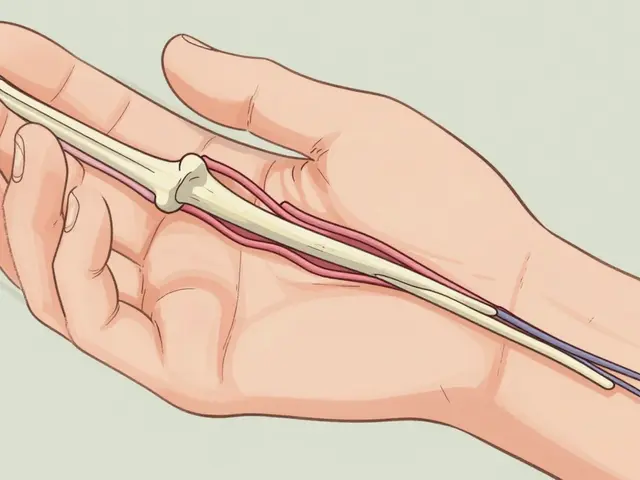Travel experience: stay healthy and stress-free on the road
Travel can be fun, but health surprises ruin plans fast. This guide gives clear, practical steps you can use today to protect your health while traveling — from packing meds to handling a sudden fever.
Packing and managing medications
Carry essential meds in your carry-on, not checked luggage. That keeps them safe if bags get lost and keeps you taking doses on time. Use original pharmacy bottles when possible and add a printed prescription with generic names. Bring extra for delays: a one-week backup on top of your trip length is smart. If a med needs refrigeration, use an insulated bag with ice packs approved for travel.
Plan for time zone shifts. If you take a daily pill, decide with your doctor whether to keep local time or shift gradually. For injections, learn how to store and dispose of sharps legally where you’re going. Take photos of medication labels and your prescriptions and store them in the cloud — that helps if you lose the originals.
Translate drug names if traveling to a country with a different language. Generic names are more useful than brand names. A simple note in the local language listing your active ingredients and dosage can help at customs or a local clinic.
Preventing and handling common travel health issues
Vaccines and prevention matter. Check recommended vaccines for your destination at least 4–6 weeks before departure. If you need malaria pills or other region-specific meds, get them early and talk to a travel clinic about side effects.
Make a small health kit: basic pain relievers, anti-diarrheal, oral rehydration salts, antiseptic wipes, bandages, blister pads, and insect repellent with DEET or picaridin. Don’t forget sunscreen and lip balm with SPF. These items fix most minor problems without a pharmacy run.
Know how to find a safe pharmacy abroad. Look for well-stocked pharmacies in central areas or hospitals. Avoid street sellers and suspiciously cheap medications online. If you must buy online, use known, accredited pharmacies and check for a physical address and license.
Keep an emergency plan. Save local emergency numbers, your embassy contact, and a copy of your travel insurance policy. Share your basic medical info (allergies, conditions, meds) with a travel buddy or family member. If you need care, ask for a translation app or a healthcare worker who speaks your language.
Finally, protect your daily routine. Sleep, hydration, and regular meals lower the chance of getting sick. If you feel off, slow down your activities that day. Small choices — like washing hands often and avoiding ice in places with unsafe water — make a big difference.
Travel is better when you plan for health. Use these tips to keep your trip on track and handle problems quickly when they pop up. Safe travels and take care of yourself out there.

Traveling is one of my greatest joys, and I've discovered that maintaining a nutritious and energizing diet is key to a fantastic travel experience. I've found that packing healthy snacks like nuts and dried fruits keep my energy levels high throughout my journey. I also make it a point to stay hydrated by drinking plenty of water. In addition, I love exploring local cuisines while keeping an eye on balanced meals. These simple tips have truly enhanced my overall traveling experiences, allowing me to enjoy every moment to the fullest.






